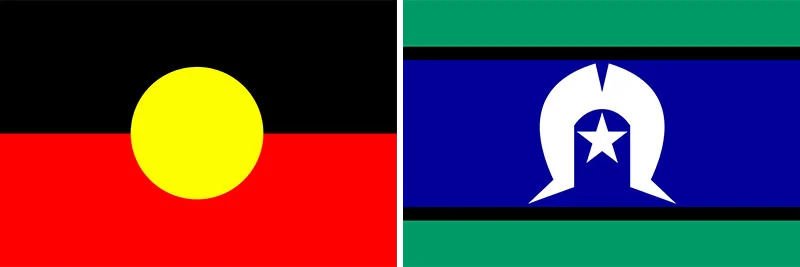How you can prepare for thunderstorm asthma season
Home / News & Opportunities / Latest news / Current post
Health professionals such as general practitioners, pharmacists, and nurses play a crucial role in minimising the risk of epidemic thunderstorm asthma events in the community.
What is thunderstorm asthma?
Grass pollen season brings a seasonal increase in asthma and hay fever. It also brings the chance of thunderstorm asthma. When a large number of people develop asthma symptoms over a short period of time, caused by high amounts of grass pollen and a certain type of thunderstorm, it is known as epidemic thunderstorm asthma.
Melbourne experienced the world’s largest epidemic thunderstorm asthma event on 21 November 2016, with thousands of people developing breathing difficulties in a very short period of time.
Who is most at risk?
Those at risk of thunderstorm asthma include:
- people with asthma
- people with undiagnosed asthma (i.e. people who have asthma symptoms but have not yet been diagnosed with asthma)
- people who have had asthma in the past
- people with hay fever who may or may not have asthma.
What can you do to prepare?
Improving the diagnosis, clinical care, and self-management of asthma and hay fever is essential to addressing the threat of epidemic thunderstorm asthma events. This approach will not only reduce the impact of such events but also enhance the overall health and well-being of individuals with these conditions between events.
Health professionals can take advantage of epidemic thunderstorm asthma training programs and resources, which include:
- A thunderstorm asthma flowchart for pharmacists
- Resources for emergency departments and urgent care centers to facilitate self-assessment and gap analysis of preparedness for epidemic thunderstorm asthma events.
- Australian asthma handbook: Endorsed national guideline for GPs
Additional resources are also available from the National Asthma Council.
Translated resources
Translated consumer materials can be found on the Thunderstorm asthma – multicultural resource page.
See the Vic Department of Health for a Thunderstorm asthma campaign toolkit, helping to raise public awareness about thunderstorm asthma, who is at risk, asthma first aid and prevention.
For more information
- National Asthma Council of Australia – Thunderstorm Asthma – information paper for health professionals




